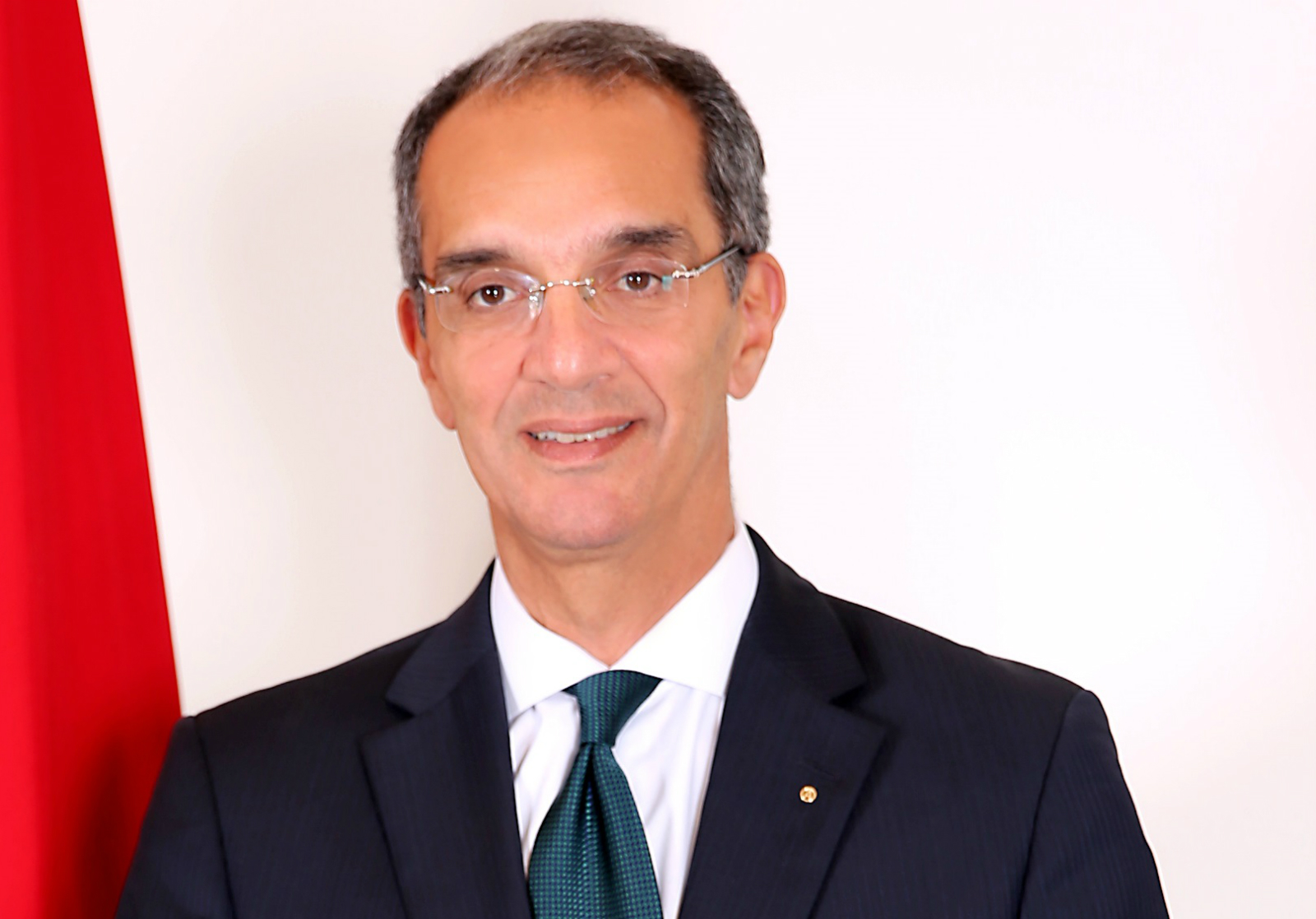Our exclusive sit-down with CIT Minister Amr Talaat

EXCLUSIVE- CIT minister looks to develop business-critical tech talent, turn Egypt Post into services and banking hub: We recently had the pleasure of sitting down with Communications and Information Technology Minister Amr Talaat for a quick chat on how he is helping pull the economy into the 21st century. Immediate bonus for business: Building the coder / developer / programmer talent we all need is at the top of his priority list. Edited excerpts:
Building the developers of tomorrow: Our top mandate as a ministry is the Egyptian human development program — a key platform of President Abdel Fattah El Sisi’s second term in office. The ministry’s role in the initiative is extensive and will span a number of programs — some will be in collaboration with other agencies and others will be executed by the ministry alone. Our primary focus is to build and scale up technology talent in Egypt. The specialized skills we are targeting will be geared for both the domestic and the international labor markets, with an eye towards expanding the services that Egypt exports as well as attracting investment to the domestic market. The initiative will look at the human resources aspect as well as introducing a cultural shift through education and expanding the use of e-governance platforms.
Training centers for data science, AI, game creation: On the human resources side, we’re planning to expand the use of tech hubs and parks. The ministry is currently working on developing eight technology hubs at Egypt’s universities that will provide training in skills highly coveted by the labor market, including blockchain, AI, data science, cyber security — even gaming. The program will run in collaboration with the state’s Information Technology Institute and the National Telecommunications Institute, which will also provide training to university students through their digital platform. The government is also pressing forth with the technology parks that have begun being developed over the past three years, as well as encouraging the development of incubators.
The ministry is certainly keeping an eye on exports as we look to build up capacity. We’re looking to export the skills we’re developing by encouraging freelance platforms that hire Egyptians, continuing to incentivize outsourcing, and through “excellence centers” that major international IT corporations would open here. The key here is to wisely manage the “value space” for exports across the board, by both focusing on enhancing skills on the upper echelon of the space, such as machine learning and blockchain, while also encouraging segments that we do well, such as outsourcing.
As part of the state’s digital transformation program, Egypt Post is now being redefined to become the primary service provider for government and financial services, where people can pay and receive crucial government documents as well as seek micro financing. Furthermore, the ministry is also working with various ministries and bodies to roll out digitized government services. We are working with the Health Ministry on rolling out the new healthcare scheme under the Universal Healthcare Act. It is also working with the Education Ministry to ensure public schools are connected online. So far, more than 2,600 secondary schools were connected with fiber optics before the start of the current academic year. We are also working on a single platform for Egypt’s cultural heritage in collaboration with the Culture Ministry.
This brings us to our key role in the CBE-led mobile payments strategy and the rollout of the state debit card Meeza. The CIT Ministry is taking the lead on building up the infrastructure for Meeza, which will at some point in the future be used by citizens to access all key government services, from healthcare to subsidies. We are working on creating a single unified database for Egypt, which will underpin the new Meeza card, and making sure that each card it tied to a single bank or postal account. This will commence when the new health insurance program begins being rolled out in Port Said next year. We plan on creating 20 mn accounts in just 2 years. This will be a big boost to the cause of financial inclusion while ensuring an efficient subsidies system.
We are working to improve the quality of the broadband and telecom services through two strategies: ongoing development and upgrading of Egypt’s network infrastructure, and improving transparency. On the latter point, the ministry will hire an independent company to monitor the service quality. The company will then put out a public report to inform the state and private citizens on where the quality of service stands and where we need to improve.
I do not see a need in the market for a fifth mobile network operator. This is in line with other nations, where the telecoms industry on the whole is not over-saturated with players.